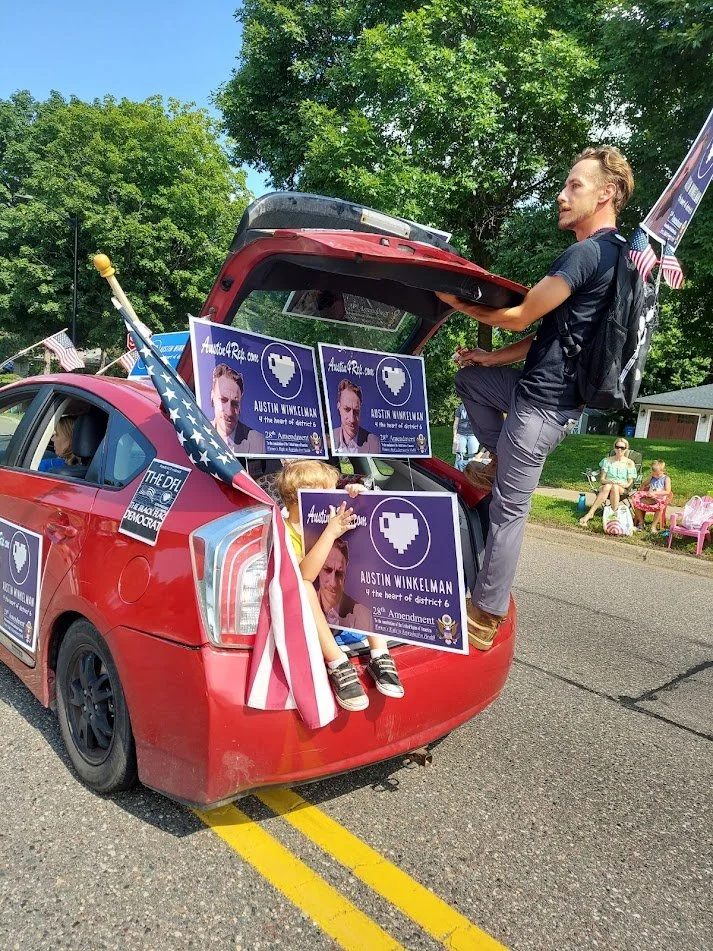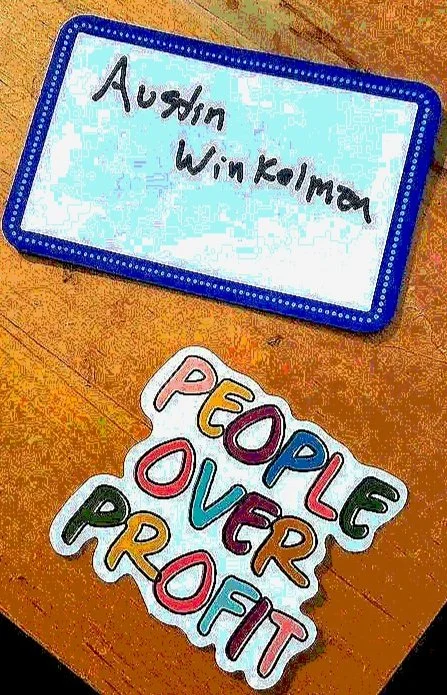Search is now available for the website, it is getting massive.
Use this if you are looking for specific topics titles or use keywords like:
Climate, Democracy, Education
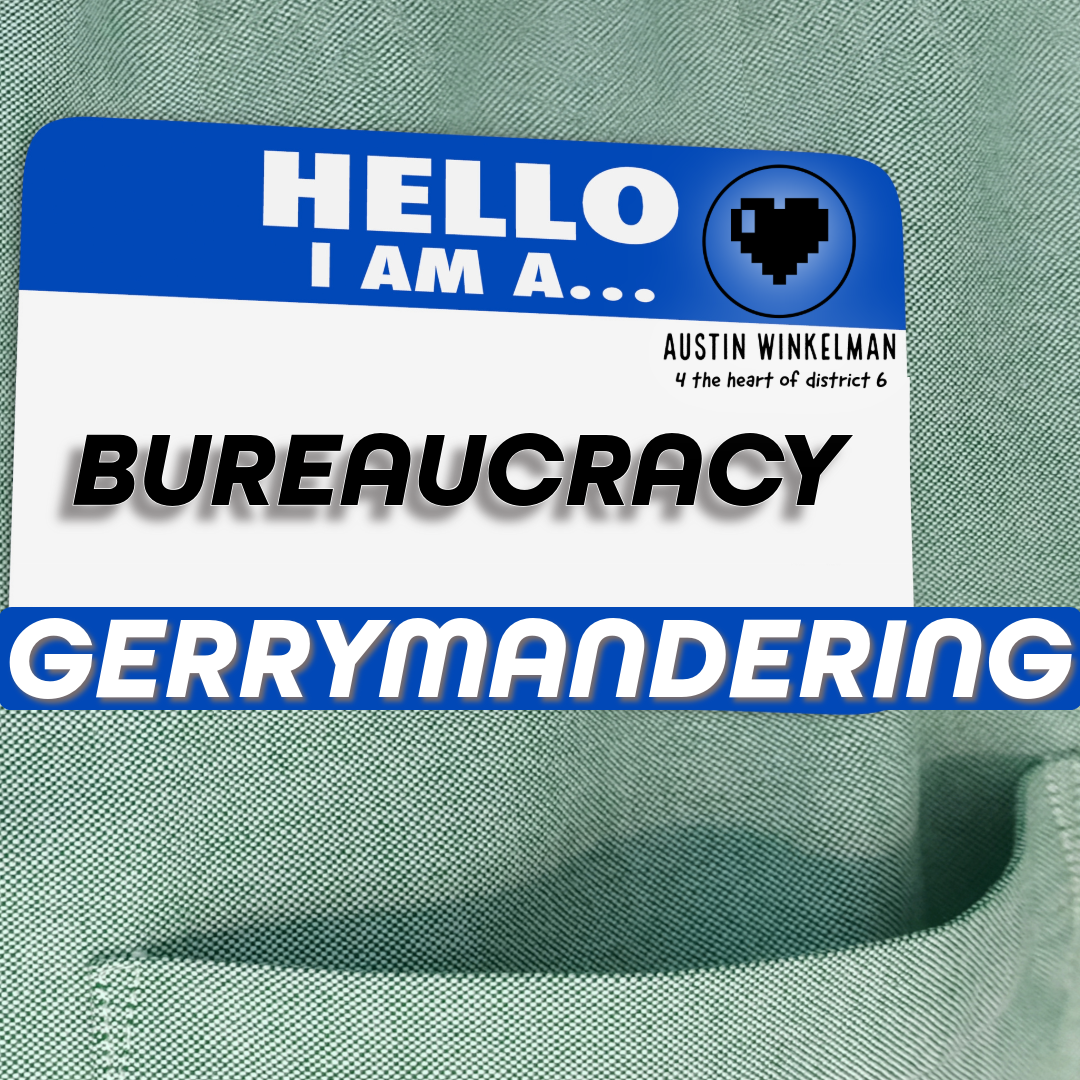
Gerrymandering: A Threat to Democracy
Protect Freedom of Choice: Gerrymandering denies voters the ability to freely choose their representatives by predetermining outcomes. True democracy requires competitive elections where every voice matters.
Reject Bipartisan Abuse: Fighting gerrymandering with more gerrymandering only entrenches a political caste system, where the same politicians hold power for decades.
Legal and Legislative Solutions:
Support class-action lawsuits to challenge unfair maps and delay implementation through the courts.
Enact national redistricting standards that ban gerrymandering across all states.
Consider reforms, such as expanding the Supreme Court, to protect fair representation from judicial obstruction.
Independent and Fair Elections: Restore ballot access for independents and third-party candidates to give voters genuine alternatives beyond the two-party duopoly.
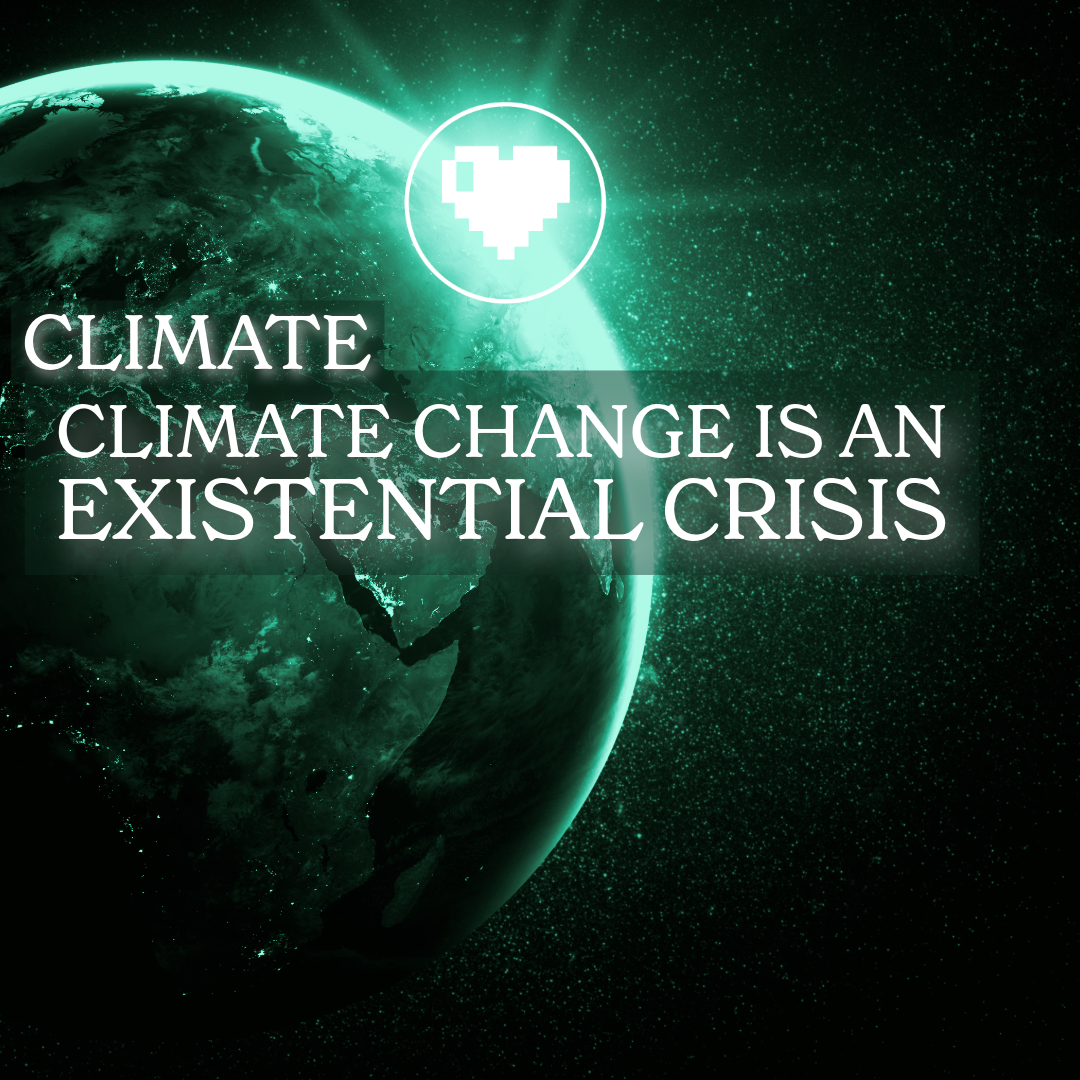
Climate Change: Who Cares Whose Fault It Is
Focus on Solutions, Not Blame: Stop wasting time debating causes—what matters is taking decisive action to slow climate change.
Massive Investment in Geothermal Energy: Prioritize large-scale geothermal projects, particularly around the Yellowstone caldera. By leveraging closed-loop geothermal technology and proposals like NASA’s 2017 plan, we can generate enough clean energy to power nearly every home in America while transitioning fossil fuel workers into renewable jobs.
Reinforce Clean Energy Leadership: Reinstate and expand tax credits and subsidies for wind, solar, geothermal, and hydroelectric power. This keeps America a global leader in clean energy manufacturing and supports international efforts toward sustainability.
A Moral Obligation to Act: We have the technology and resources to address climate change. What’s needed is the willpower to rise to the challenge for ourselves, our children, and our planet.
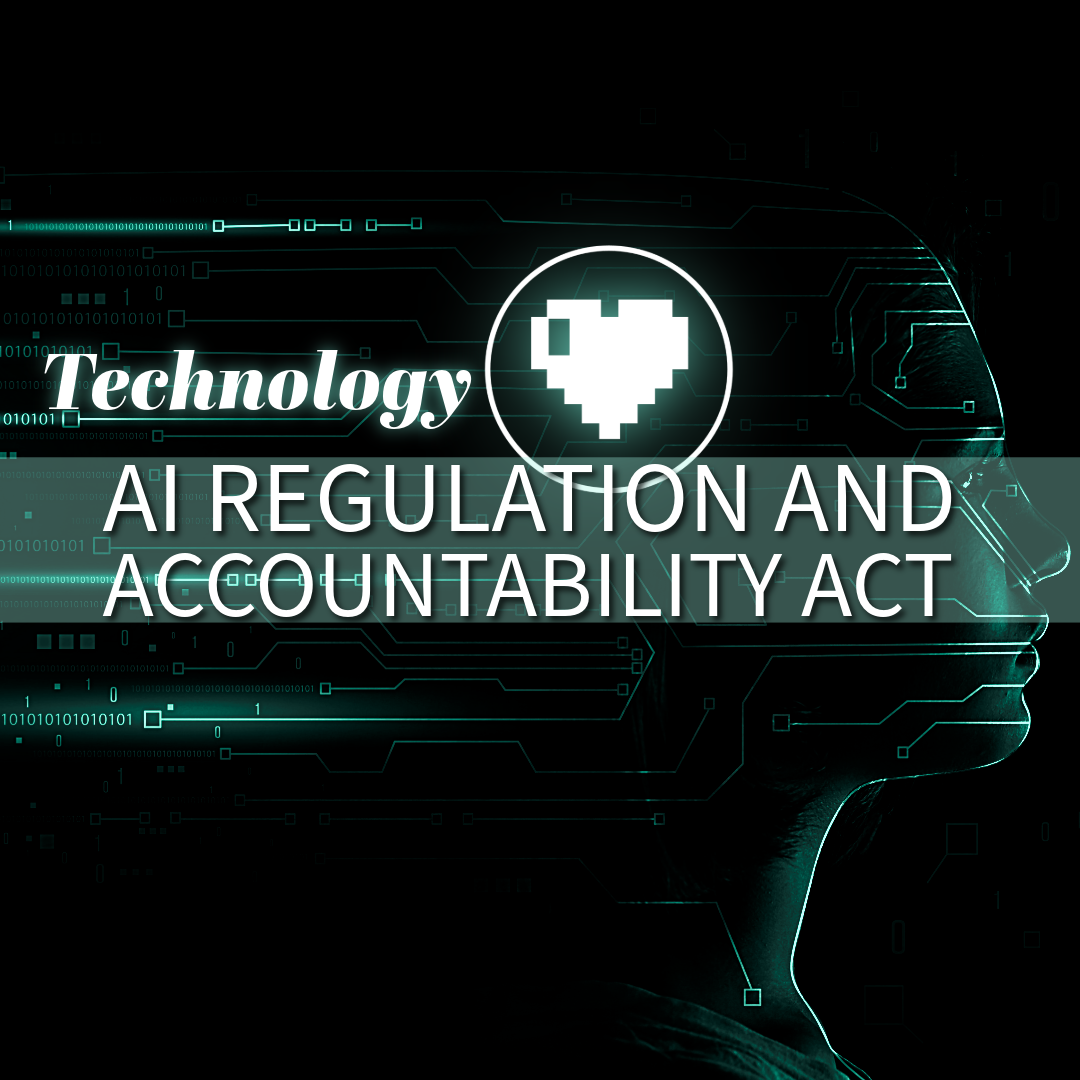
AI Regulation and Accountability Act
Accountability for Users and Developers
AI users are responsible for actions they initiate through AI systems.
Developers must ensure transparency, auditability, and safeguards against foreseeable harms.
Autonomous AI systems will be held to ethical and operational standards.
Ethical Standards
Prohibits unlawful surveillance, manipulation, and lethal autonomous weapons without meaningful human oversight.
Bans predatory algorithmic exploitation of individuals or groups.
Mandates bias audits and corrective action for discriminatory outcomes.
Encourages AI innovation in healthcare, education, accessibility, and environmental sustainability.
Oversight and Transparency
Establishes the Artificial Intelligence Regulatory Authority (AIRA) to monitor use, enforce compliance, and issue guidelines.
Creates an Ethical AI Certification Program for responsible developers and users.
Requires disclosure of training data, decision-making processes, and system limitations.
Enforcement and Redress
Civil and criminal penalties for violations, including malicious AI deployment.
Accessible pathways for individuals to report harm and seek reparations.
Innovation with Safeguards
Encourages public-private partnerships to advance ethical AI.
Requires periodic review and stakeholder consultation to keep laws aligned with technological progress.
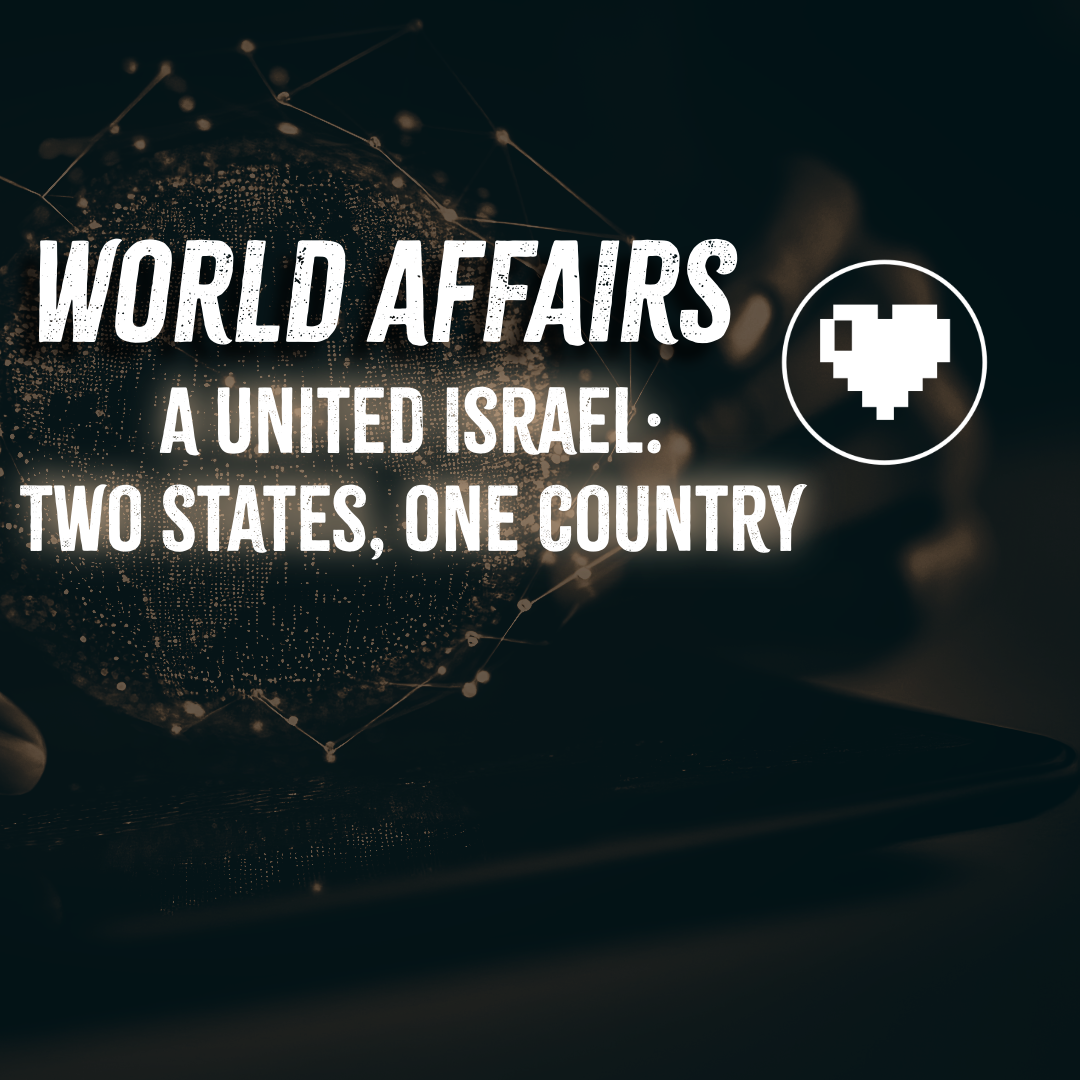
A United Israel: Two States, One Country
Key Principles
End U.S. Support for Genocide: Suspend the flow of American weapons, technology, and contractors to Israel until its government commits to genuine peace talks.
Two States, One Country: Advance a framework where Israel and Palestine exist as two distinct states under one federal system—what I call a United Israel.
Foundation in Religious Freedom: The constitution of a United Israel must guarantee freedom of religion, ensuring all faiths can worship without fear of persecution. This principle draws from timeless ideas embraced by leaders like Thomas Jefferson and James Madison.
Shared Security and Growth: A unified structure would strengthen security, open economic opportunities, guarantee freedom of movement, and end the civil war that destabilizes not only the Middle East but also democratic societies worldwide.
Modernized Two-State Solution: Instead of abandoning the two-state vision, reinvent it—transforming it into a united framework that respects sovereignty while fostering unity.
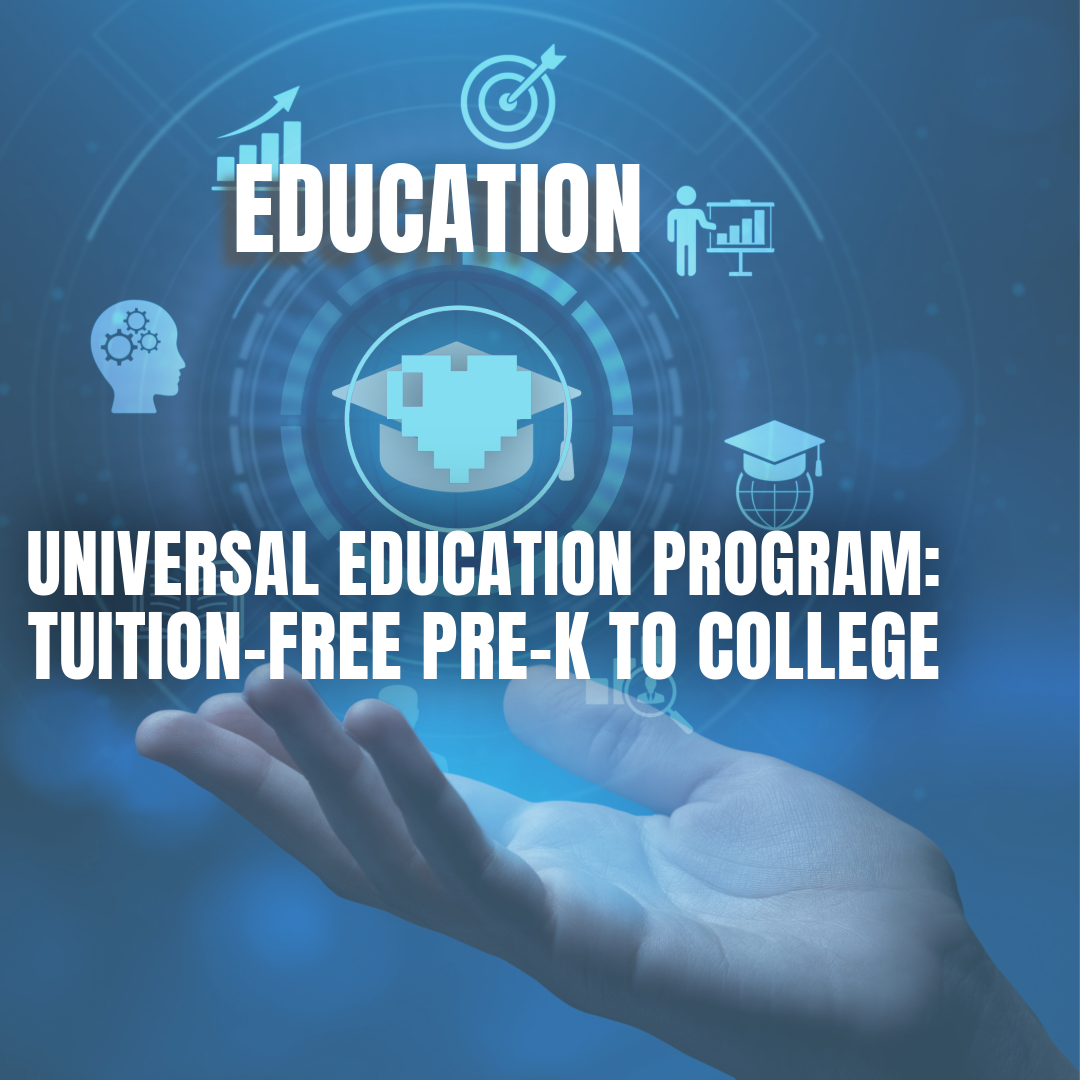
Universal Education Program: Tuition-Free Pre-K to College
Fully Fund Public Schools: Redirect public dollars away from private institutions that do not meet state and federal standards, and reinvest them in public schools to guarantee quality education for every child.
Early Childhood Education: Expand access to high-quality Pre-K, and eventually to childcare beginning as early as one year old, to strengthen language, cognitive, and social development.
Debt-Free College Pathways: Provide free tuition through general college-level courses and technical colleges, ensuring broad access to higher education and workforce training. Specialized programs (medicine, law, engineering, etc.) may require partial personal investment, with exceptions for high-demand fields like nursing, education, and mental health.
Continuous Improvement: Education should never settle for the status quo. America must embrace innovation and bold investments to improve standards, expand opportunities, and close skills gaps in the workforce.
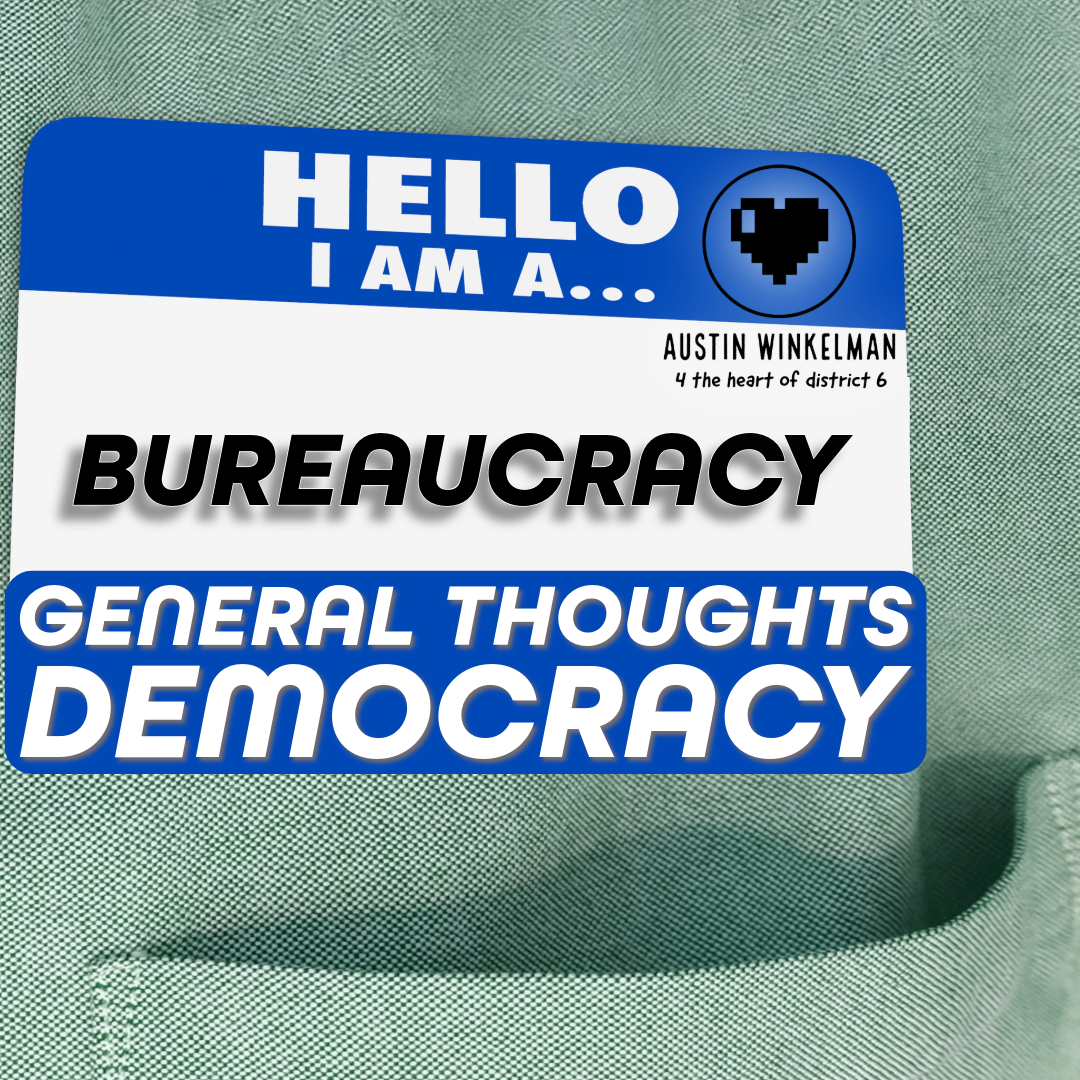
General Thoughts democracy
Political corruption is a cancer that eats away at the foundations of democracy. It manifests in many forms, including lobbying abuses, bribery, extortion, nepotism, cronyism, patronage, parochialism, graft, embezzlement, and influence peddling. Each of these practices undermines public trust and distorts the democratic process, shifting power away from the people and into the hands of the privileged few.
The rise of money in politics can be traced back to the 1976 Buckley v. Valeo decision, where the Supreme Court ruled that government could not limit corporate political spending without violating free speech rights. This landmark case opened the door for unprecedented financial influence in elections. In 2010, the Citizens United decision expanded this ruling, allowing unlimited political spending by nonprofits, for-profits, unions, and corporations. The result was a dramatic increase in untraceable money influencing elections, weakening the Federal Election Commission's (FEC) ability to enforce spending limits.
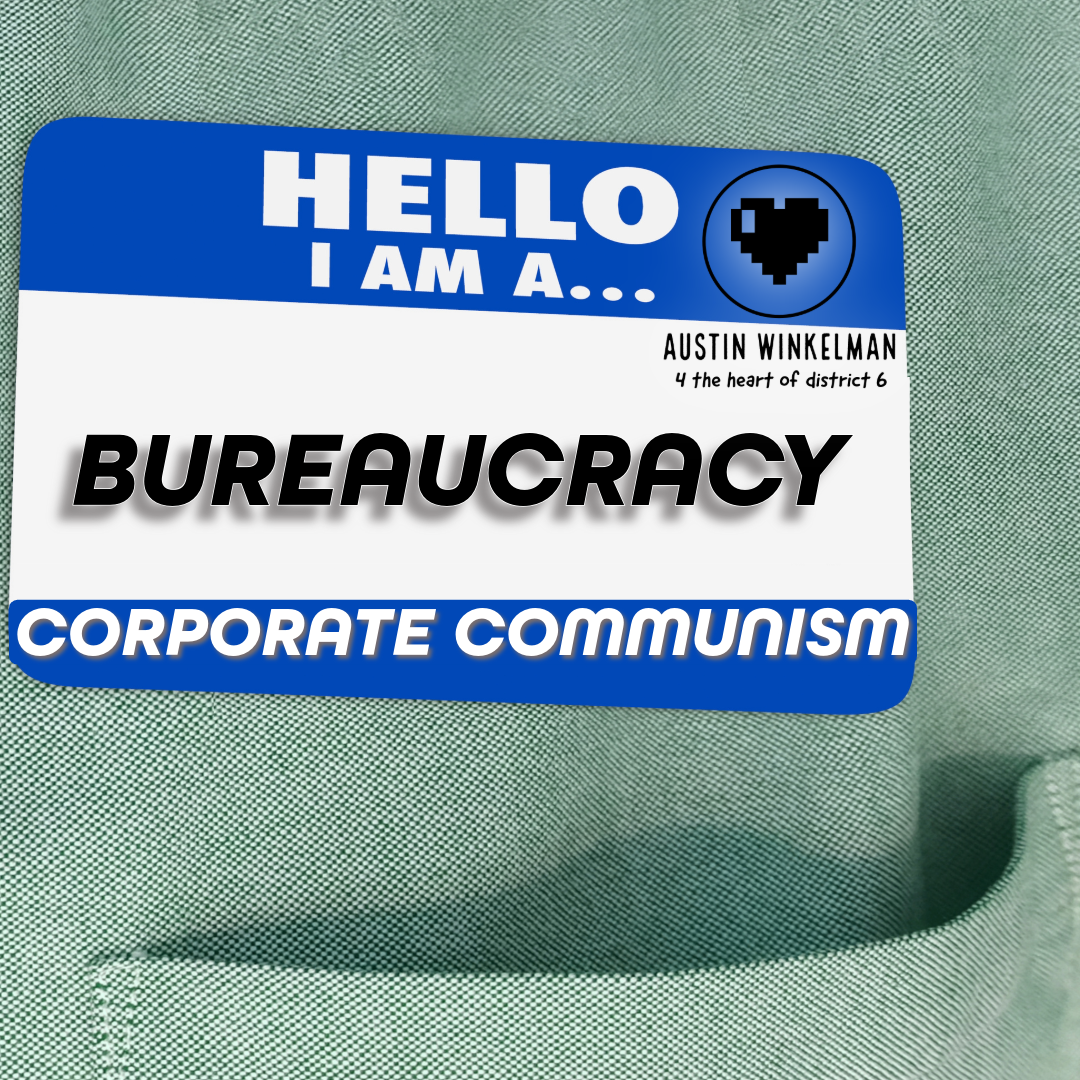
Corporate communism
Corporate communism: as a system of governance where wealth redistribution and state intervention are employed to significantly increase corporate power; often using communist style tactics, such as government wealth funds to perches business entities. wildly exacerbating wealth inequality in society.
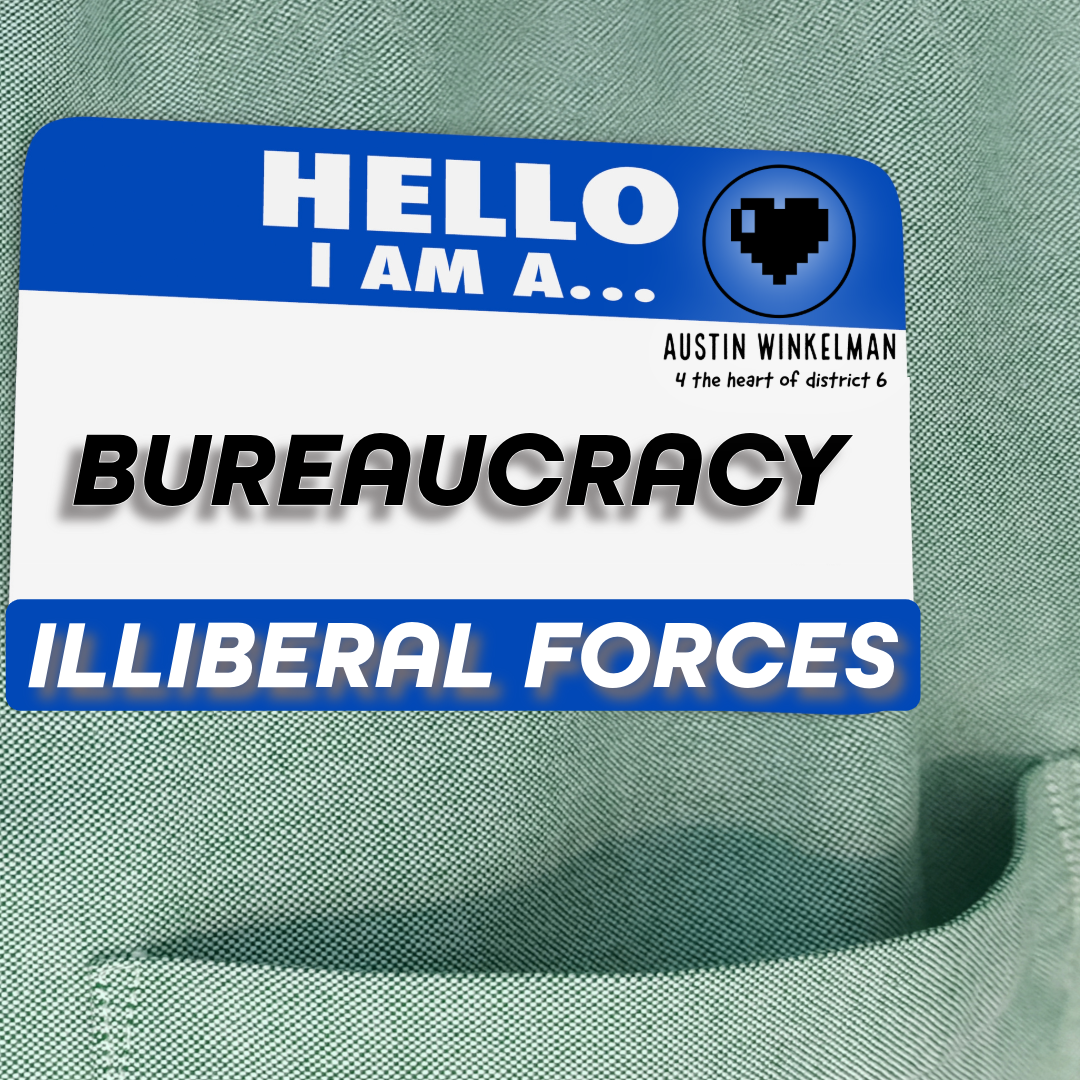
illiberal forces
"A Republic, If You Can Keep It" The words of Benjamin Franklin resonate more strongly today than ever before. Democracy is not self-sustaining—it requires vigilance, courage, and a commitment to defending it, no matter the source of the threat. Regardless of where a threat to democracy originates, it is our duty to counter it and call it out for what it is.
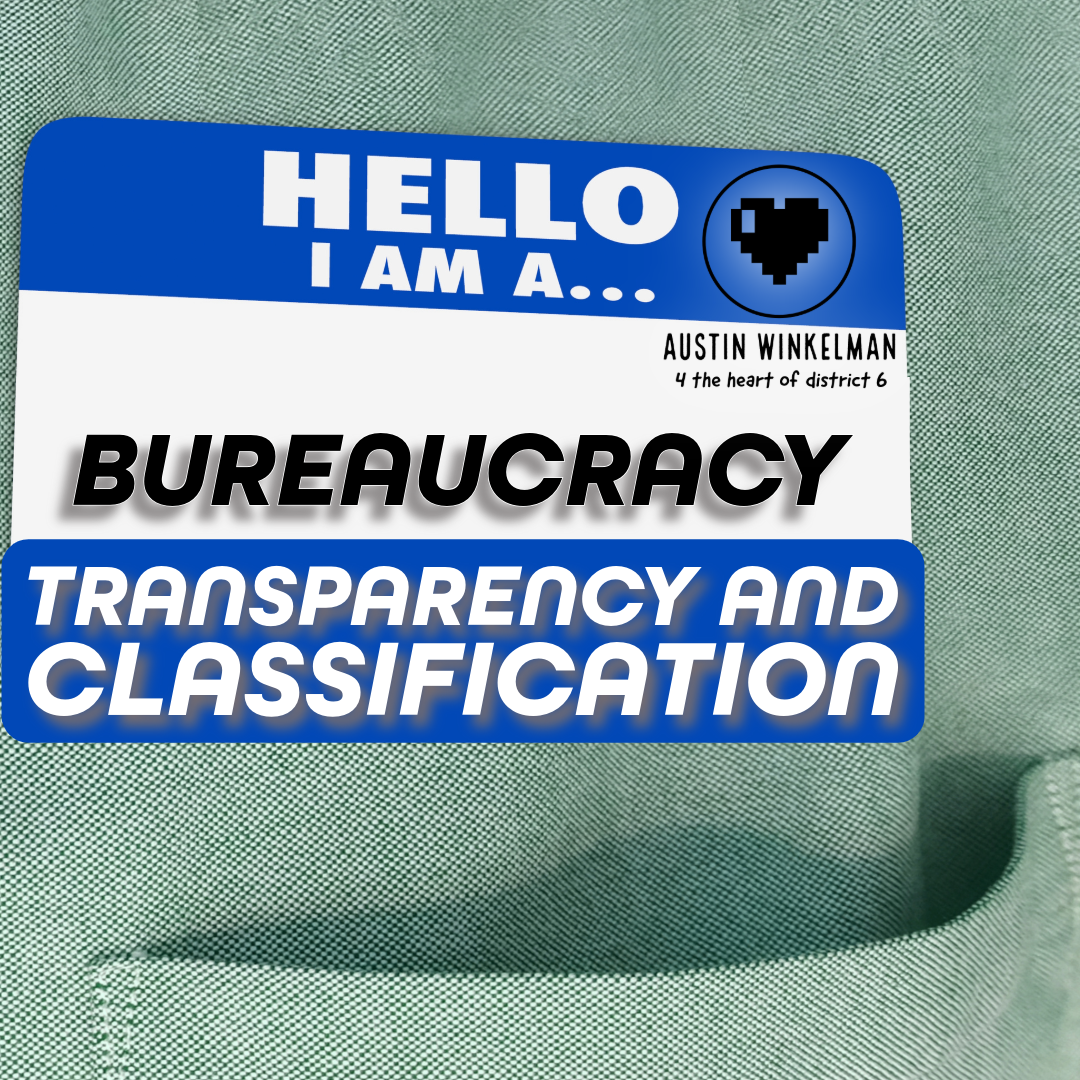
Transparency and Classification
Another significant issue eroding trust in government is the over-classification of information. While it is reasonable to classify information to protect sources and methods, there are instances where information has been classified for less justifiable reasons—such as to avoid public embarrassment or shield agencies from accountability. This practice undermines trust and hinders informed public discourse.
Review and Reform the Classification Process: We must take a closer look at the overall classification system to ensure that information is classified only when necessary. This includes regular reviews of classified materials to determine if continued classification is warranted.
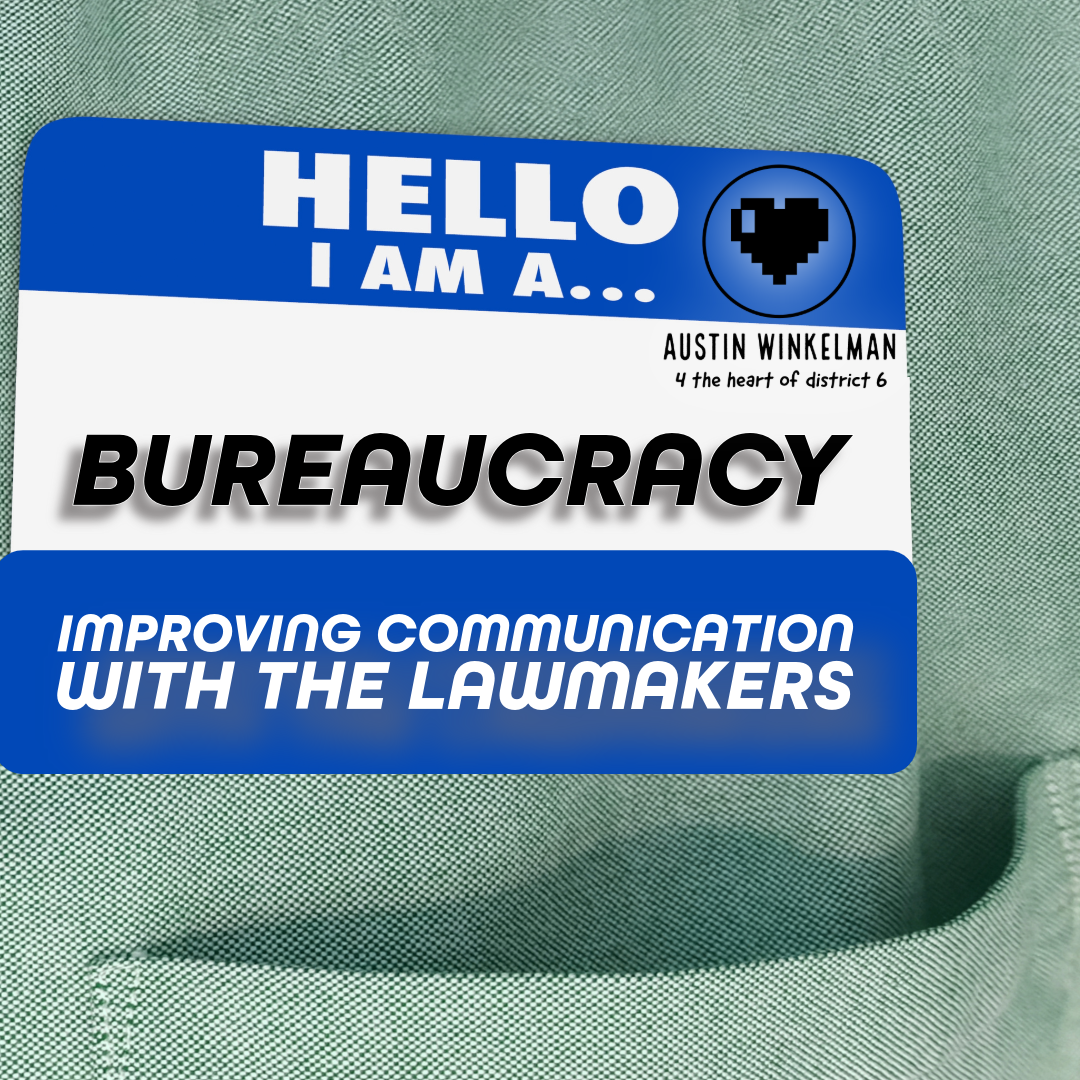
Improving communication with the Lawmakers
I propose the development and implementation of a government communication application that would be available on mobile devices. This platform would allow direct, secure communication between citizens and their representatives, functioning similarly to social media platforms but dedicated solely to civic engagement.
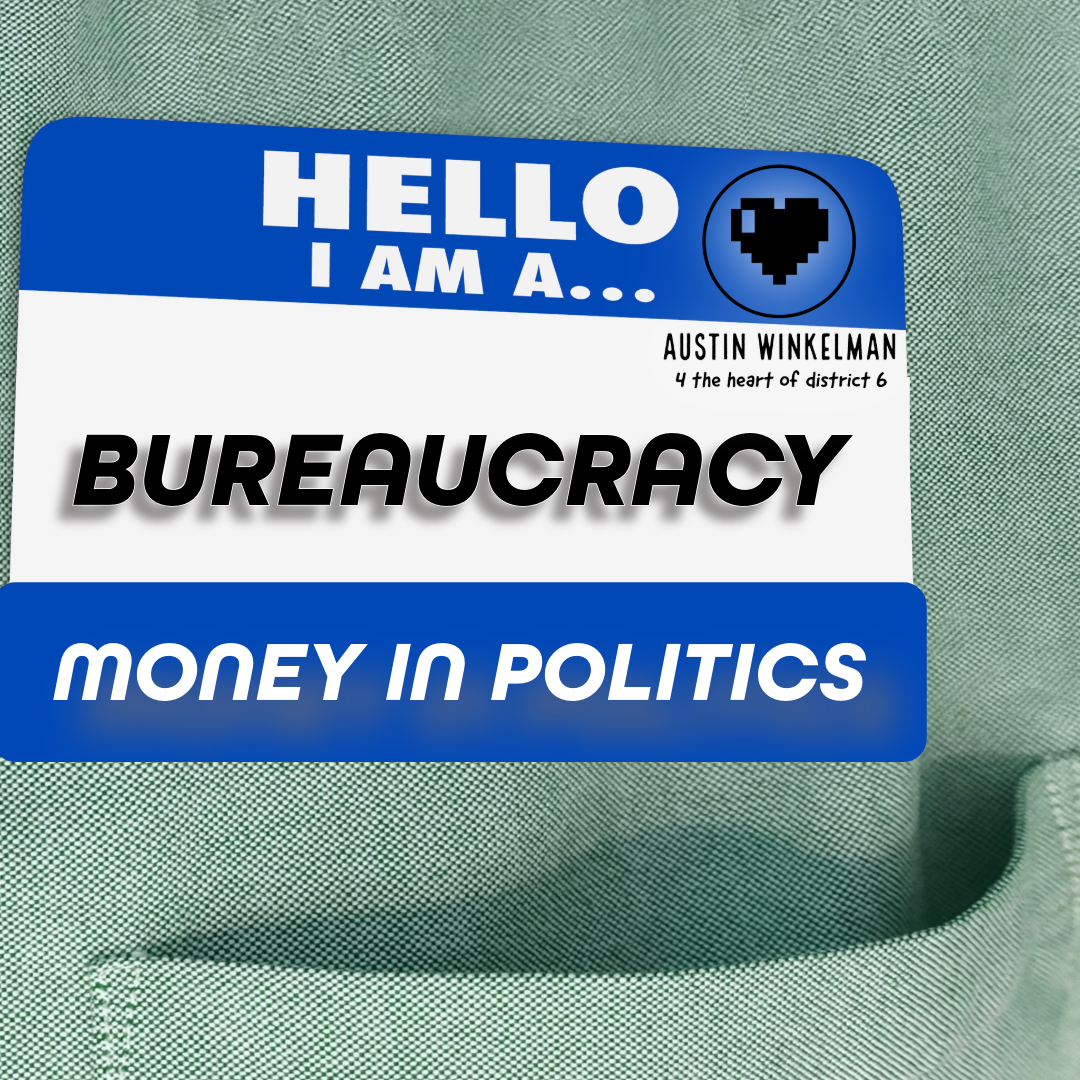
Money in Politics
The influence of big money in politics undermines our democracy. When politicians accept large donations to influence policy, the public loses trust in our institutions. We must end this cycle of corruption.
I believe we should transition toward a publicly funded campaign system to ensure that elections are fair and not driven by private interests. Private money in government erodes democracy, infecting our systems and destroying public trust. To avoid this, we must act decisively.
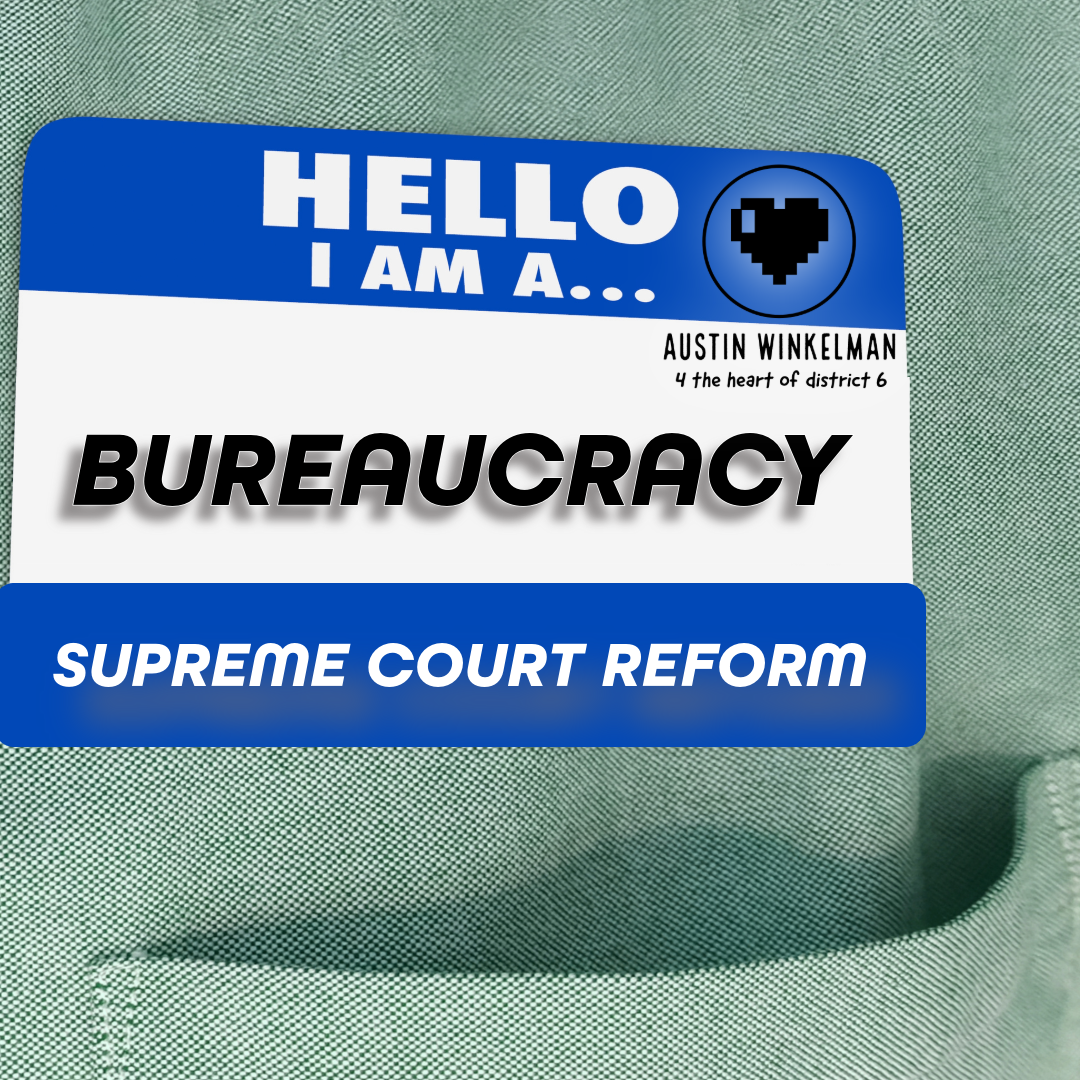
Supreme Court reform
In light of recent corruption scandals and several controversial Supreme Court decisions, I have been a strong advocate for Supreme Court reforms since 2020. Today, those concerns have expanded to include broader issues, such as accountability, ethics, and judicial overreach.
To address these challenges, I propose the following three reforms:
Ethics Code Enforcement: I support the enforcement of a robust judicial ethics code by an independent, third-party body. This body would be tasked with ensuring transparency and holding Supreme Court justices accountable for unethical behavior. Additionally, we must redefine legal standards for bribery, extortion, influence peddling, and other corrupt actions to close loopholes and strengthen deterrents.
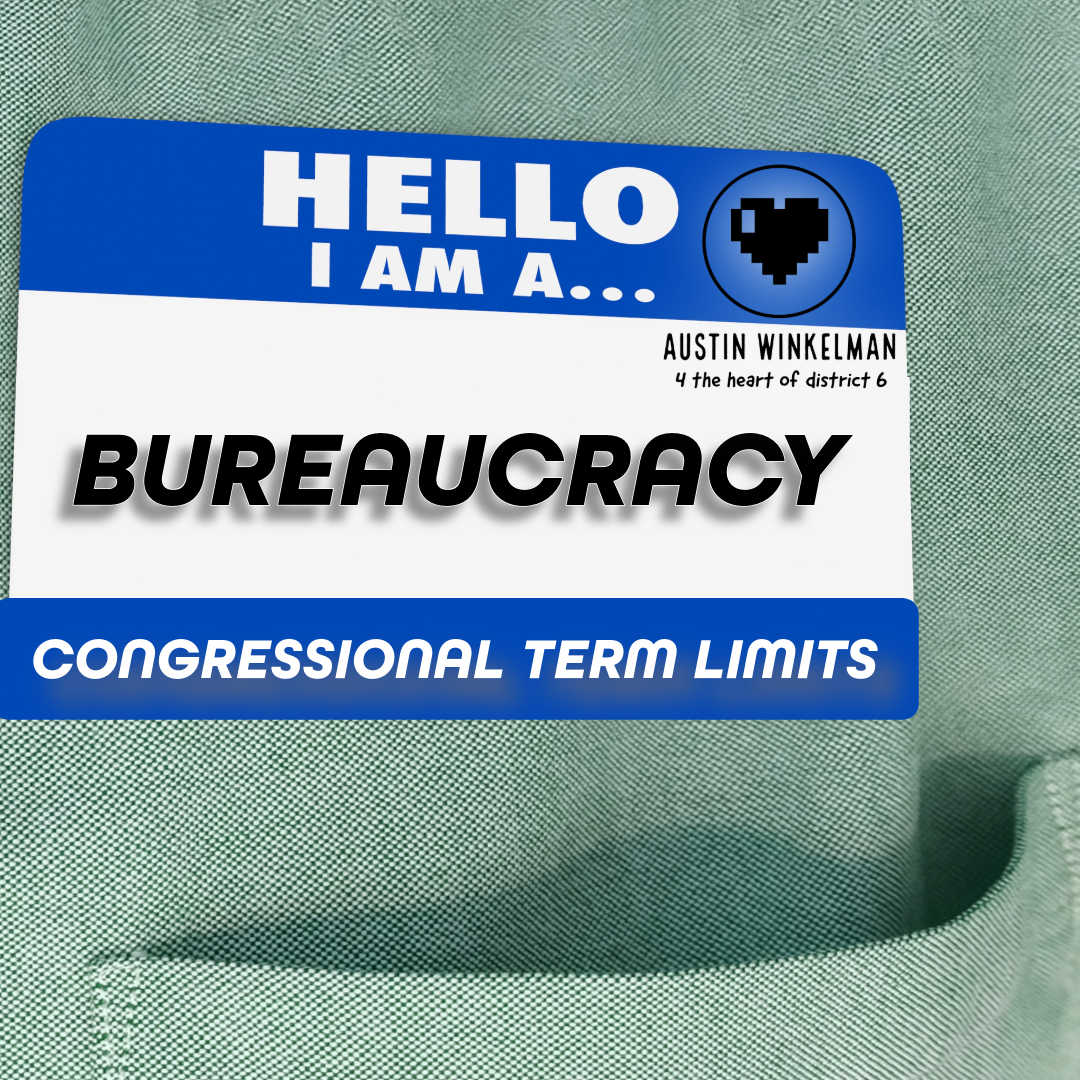
Congressional Term Limits
I believe term limits should be in place and enforced for our congressional leadership. Specifically, I propose a limit of 8 years in the House of Representatives and 8 years in the Senate, for a total of 16 years in Congress. This time frame strikes a balance between fostering experience and ensuring regular turnover that brings fresh perspectives to our nation’s challenges.
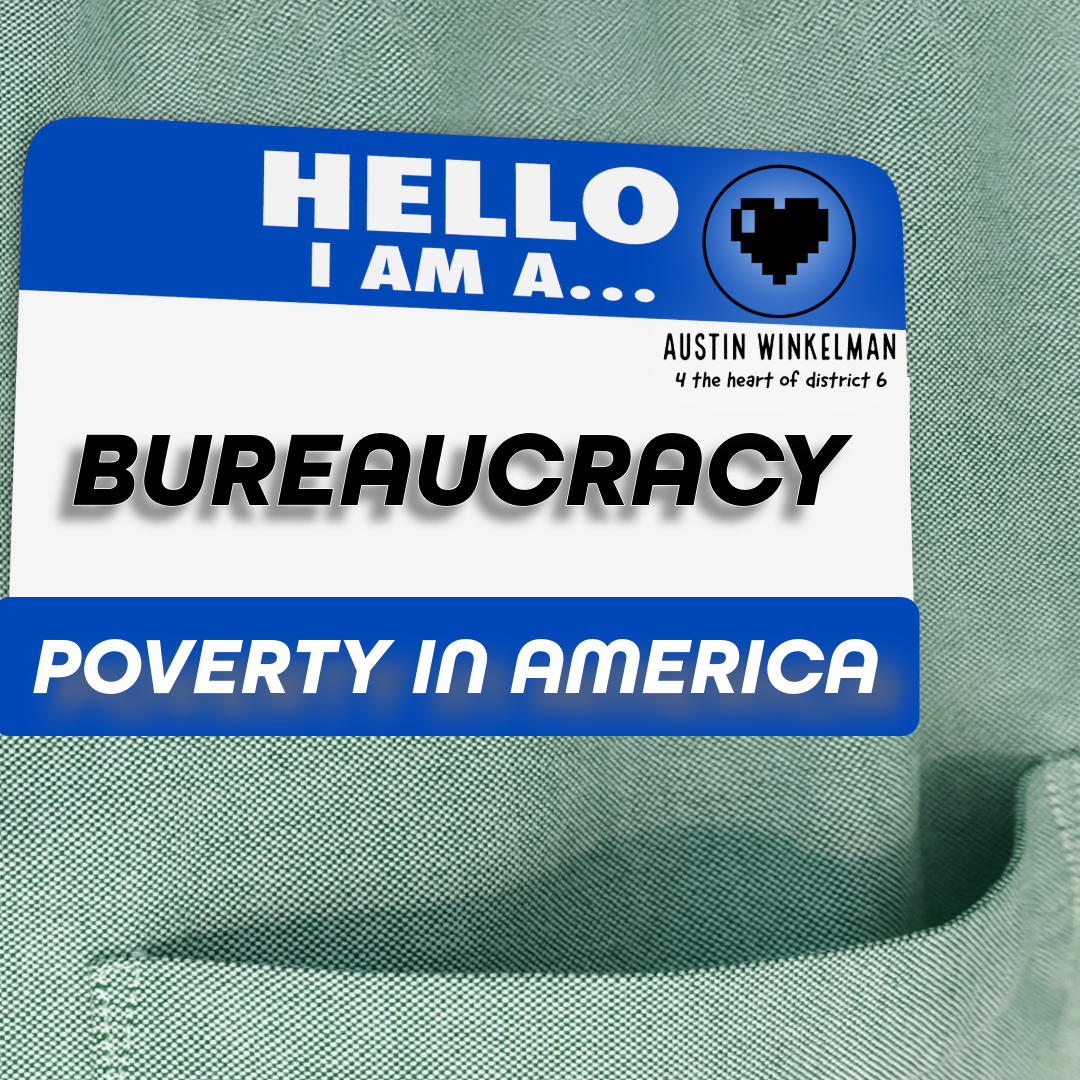
Poverty in America
In 2022, new U.S. Census data revealed a troubling rise in poverty across the nation. The poverty rate increased from 7.4% to 12.4%, and child poverty surged from 5.2% to 12.4%. These alarming statistics demand a swift and compassionate response to address the needs of the most vulnerable in our society.
To understand the severity of this crisis, we must consider the poverty line. In 2022, a single individual was expected to survive on $13,590 or less annually, while a family of three had to make ends meet with $23,030 or less. These income levels are grossly inadequate to cover even the most basic needs, such as housing, food, healthcare, and education.
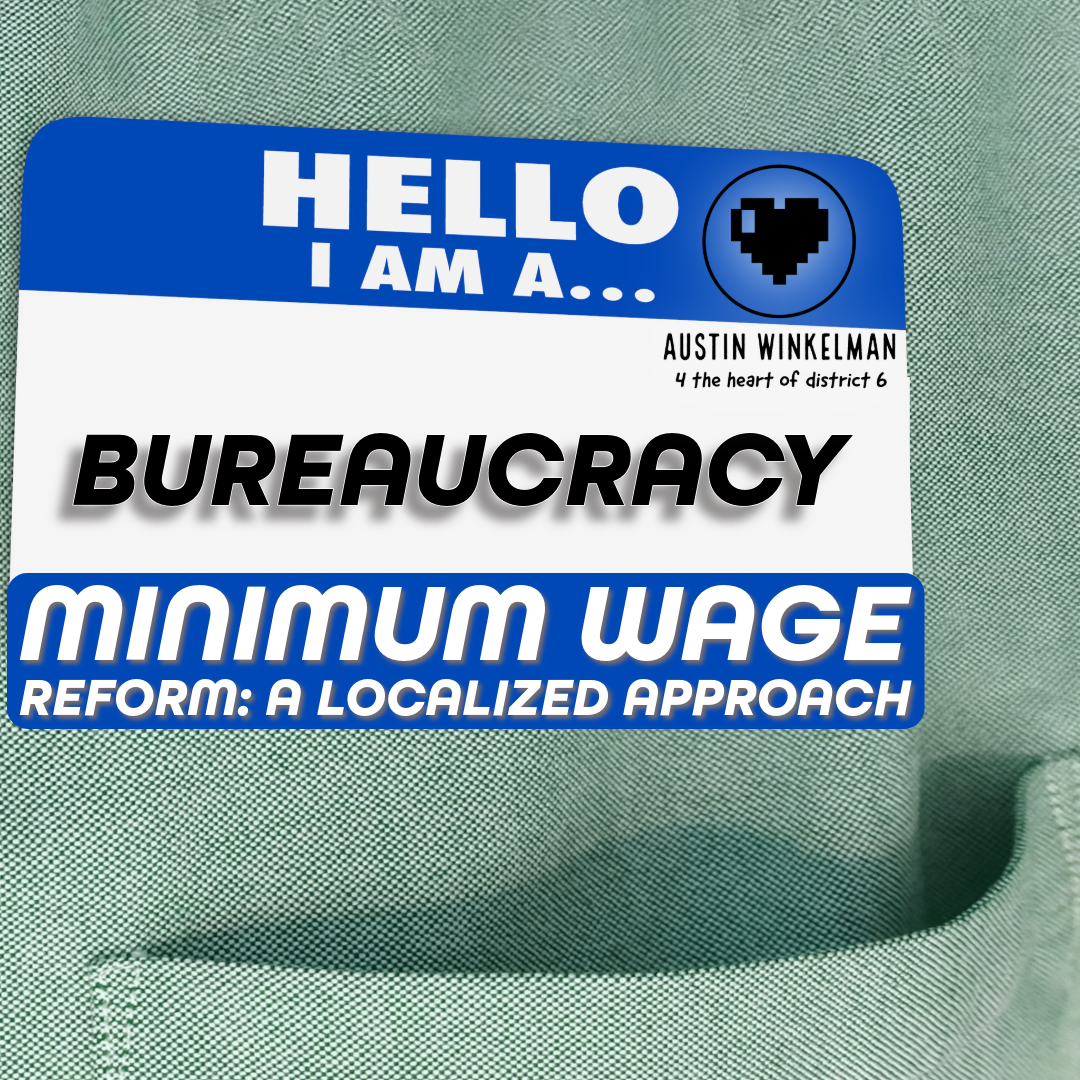
Minimum Wage Reform: A Localized Approach
At first glance, abolishing the federal minimum wage may seem like a harmful idea. However, in practice, the federal standard is often used by employers as a justification to pay workers below a true living wage. A "one-size-fits-all" approach does not reflect the economic realities of different regions—what may be livable in one state may be completely inadequate in another.
Targeted Wage Increases: Local and state officials can set wages based on the actual cost of living in their communities, ensuring workers earn enough to support themselves and their families.
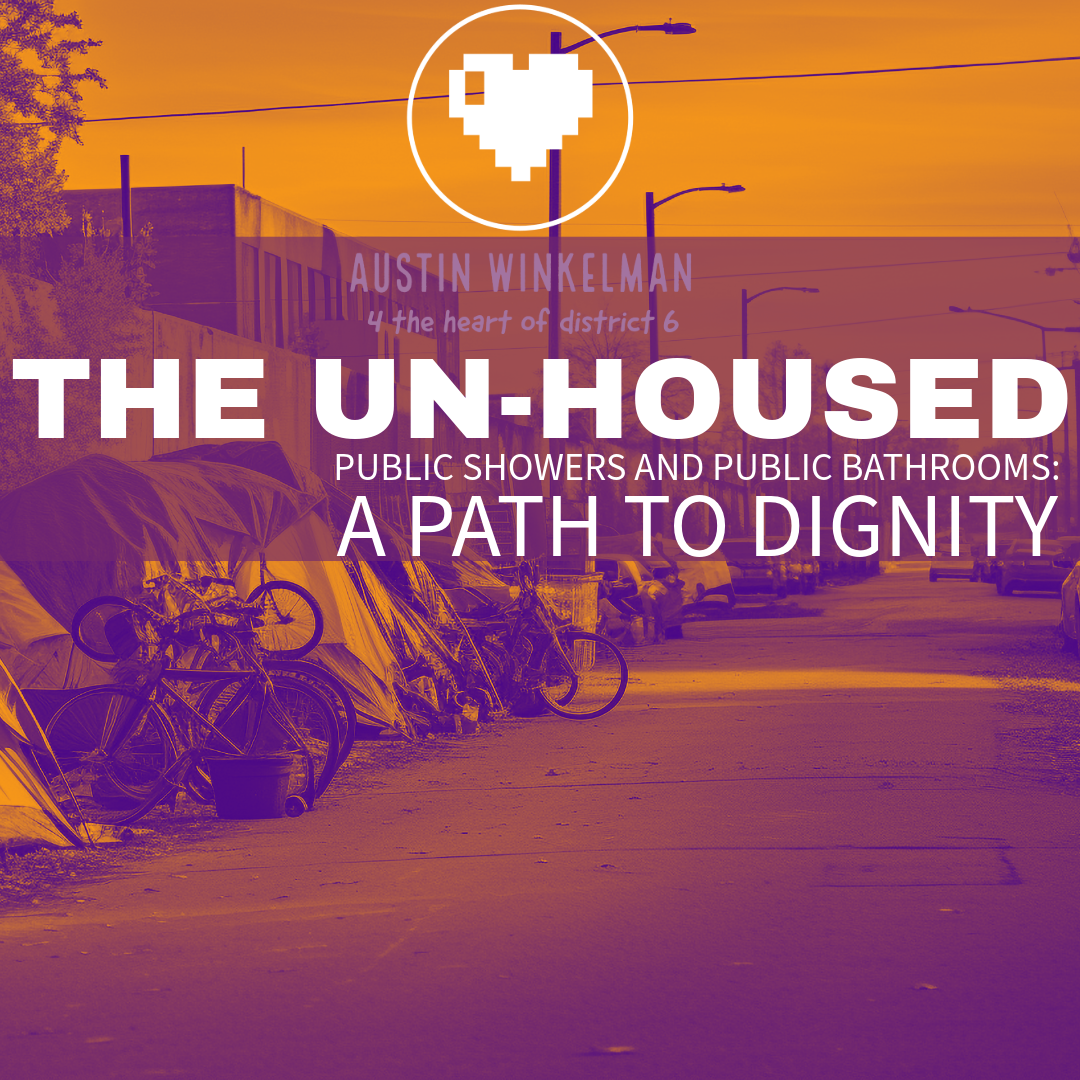
Public Showers and Public Bathrooms: A Path to Dignity
By incorporating public showers and bathrooms into rest stops, transit hubs, and other high-density areas, we can provide convenient, accessible locations for those in need. These facilities serve not only as places for hygiene but as beacons of hope—spaces that acknowledge the humanity and resilience of those experiencing hardship.
Benefits of Public Hygiene Facilities:
Restoring Dignity: Providing access to hygiene facilities helps individuals maintain a sense of self-worth, which is crucial for mental health and reintegration into society.
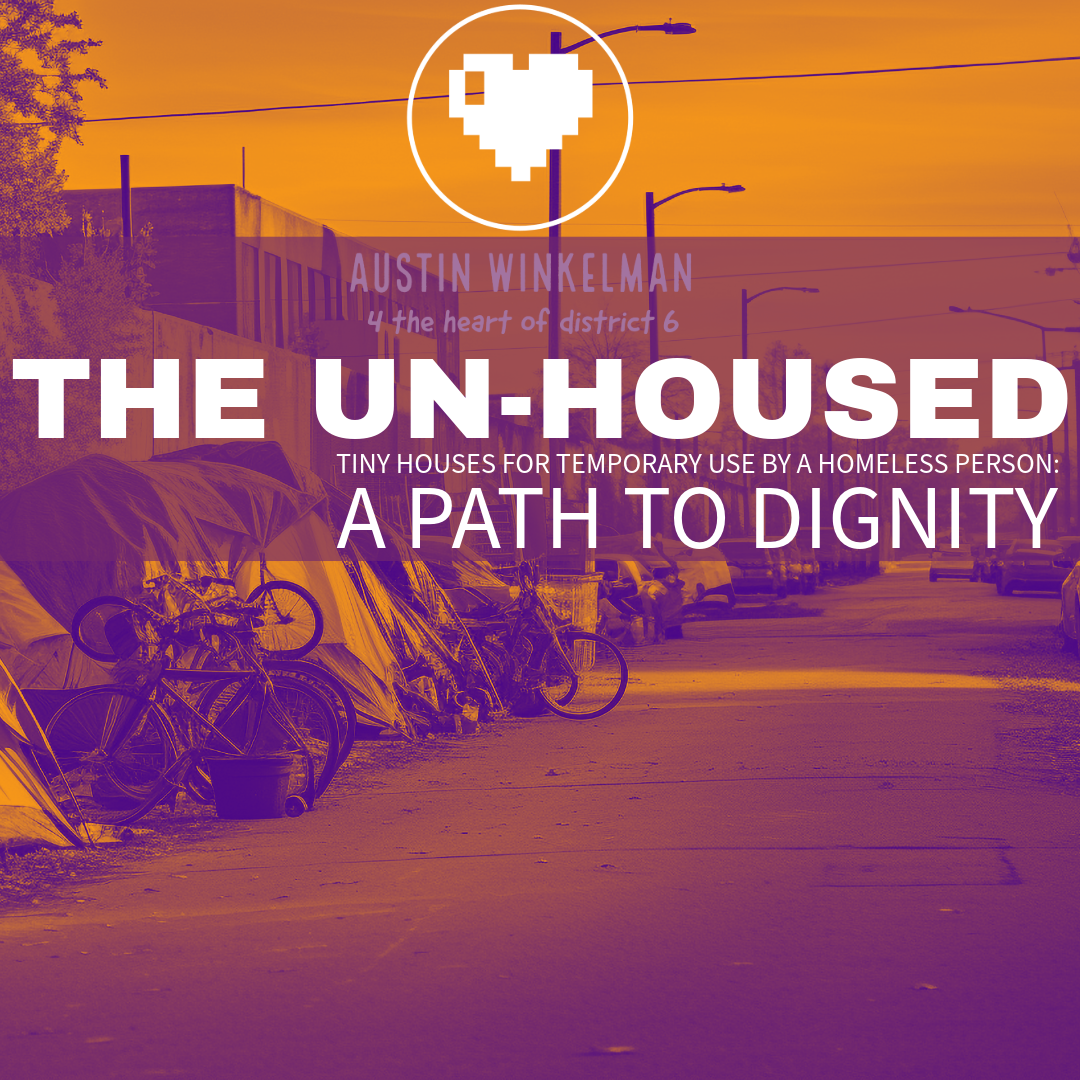
Tiny Homes and 3D-Printed Houses: Pathways to Stability and Dignity
Tiny houses for temporary use by a homeless person, constructed in areas with a high homeless population. providing them with a safe and stable place to live as they work towards getting their lives back on track.
These tiny houses, similar in size to a studio apartment, offer individuals a sense of dignity and autonomy, giving them the space, they need to rebuild their lives. By creating these temporary housing solutions, we can help facilitate individuals' journey towards permanent housing. while also addressing the immediate need for shelter. This approach recognizes the importance of stable housing in restoring a person's confidence and enabling them to focus on other areas of their life, such as finding employment or accessing necessary healthcare, mental health, and treatment services.
Offering these tiny houses in areas with high homeless populations ensures that those who need it most have access to a vital support system, helping them to build a foundation for a brighter more dignified future for them self’s.
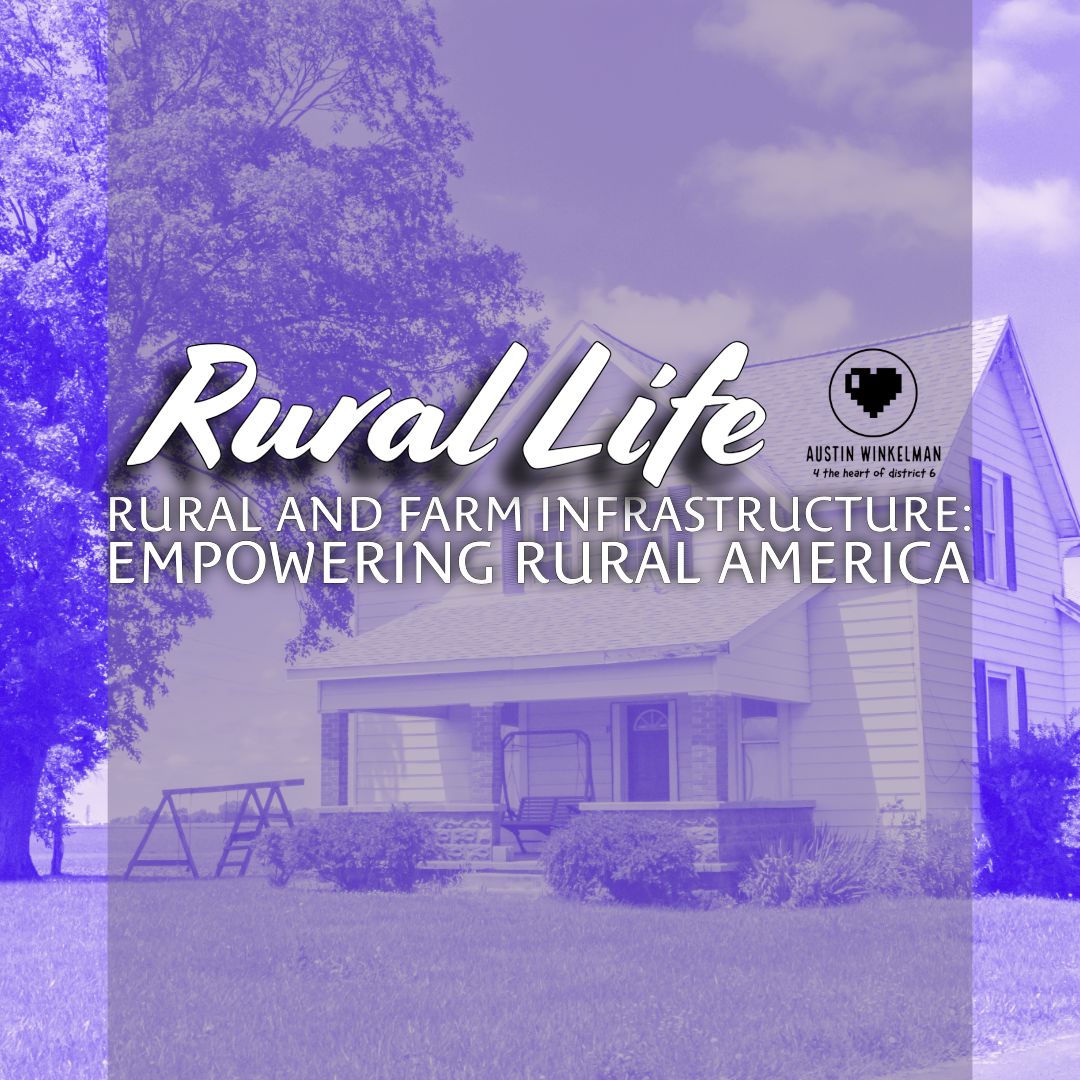
Rural and Farm Infrastructure: Empowering Rural America
Modernizing Farm Power Infrastructure:
We must establish a grant and loan program to help farmers improve outdated power systems. This program would provide funding for critical upgrades to ensure that farms can support modern equipment.
For example, many large-scale milking machines require 480V power to operate efficiently. However, some older farms are still working with 208V systems that are incompatible with newer equipment. In these cases, farmers are often forced to invest in costly step-up transformers or switch to gas-powered generators—solutions that are expensive and inefficient. Federal support for infrastructure upgrades can help eliminate these barriers, reducing costs for farmers and boosting productivity.

Farm Loans
Barriers to Access:
One of the primary obstacles embedded in the farm bill is a clause requiring proof of "managerial ability." While intended to ensure responsible lending, this clause can unfairly exclude hardworking farmers and ranchers who may lack formal managerial credentials but possess the practical expertise needed to run their operations. Removing this requirement would vastly increase loan eligibility and allow more farmers to access the funding they need to succeed.
Additionally, the requirement for applicants to prove they have "sufficient credit elsewhere" often disqualifies farmers who could otherwise benefit from the favorable loan rates offered, which range from 1.5% to 5%. This provision effectively locks out many smaller operations and family-owned farms that need competitive financing to grow or recover from financial setbacks.
To make farm loans more accessible and equitable, I propose the following reforms:
Remove the "Managerial Ability" Clause: Shift the focus to the farmer’s practical experience and history of operation rather than formal managerial qualifications.

Greener Dairy farm?
Methane Capture and Energy Generation:
Dairy farms can adapt methane capture technologies already used in the waste disposal industry. By collecting methane emissions from manure and other waste, farms can:
Burn methane to produce heat and energy, converting a more harmful gas into one that can be captured and disposed of using carbon capture technology.
Implement zeolite clay mixed with copper to absorb methane from the air and speed up its natural conversion into carbon dioxide. With adequate investment in research and development, farms could deploy devices capable of absorbing methane emissions directly from pastures.
Pitch in
Your donation goes directly to essentials like printing literature, digital outreach, and community events. Even small amounts make a huge difference.
This campaign isn’t about me, it’s about us. It’s about proving that working people can take on wealthy interests and win. With your support, we can bring fresh ideas, accountability, and real representation to Congress.
Join in by donating Via our Website
or
Act blue
Just do $1.00


